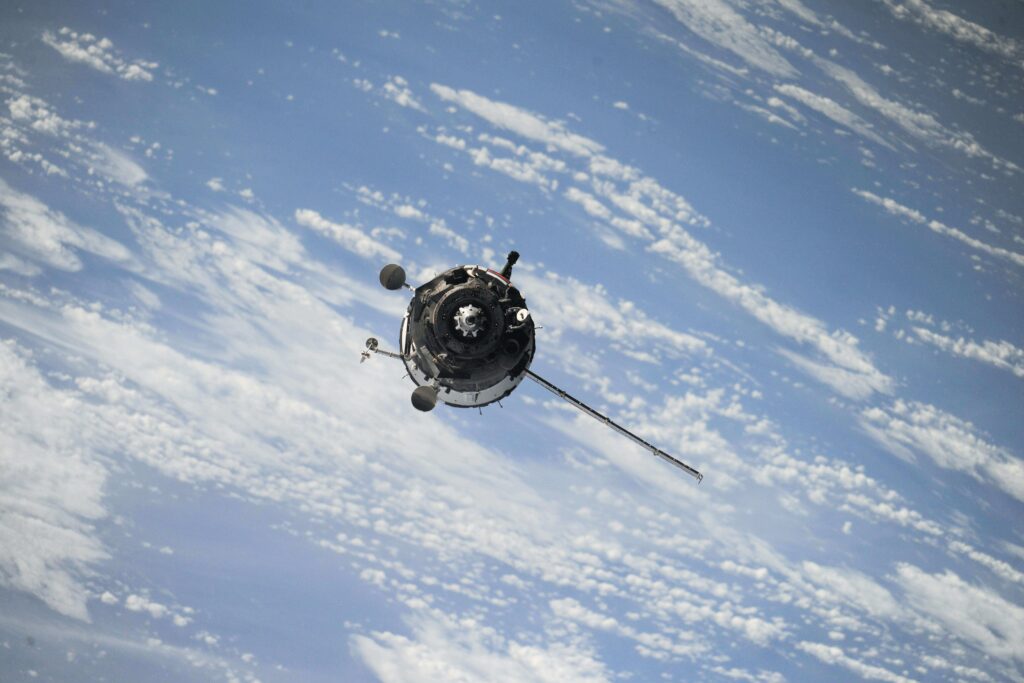The startup ecosystem regularly presents state-of-the-art innovations to the business world. If every startup domain presents bright-minded and unique tech solutions to the business industry, one sector truly stands out as being out of this world: it is the domain of space startups. This field truly brings high-level technological ideas that skyrocket the business ecosystem. Satellites that collect data about the earth and beyond, 3D printed rockets, and AI-powered geospace technologies. It is not phrases from movies about the future, it is innovations launched by the space startups that make the future happen faster.
Relativity Space is a space startup, founded in 2015 and based in the United States of America. The main focus of Relativity Space is to automate aerospace manufacturing. Relativity Space implements automation processes by including software, robotics, and 3D rocket printers. This space startup stands out by moving the space rocket manufacture to the next level. In 2018, Relativity Space fundamentally marked the history of space by creating the biggest metal 3D printer. The startup raised $140,000,000 to print 3D rockets and got closer to getting the human’s footsteps on Mars. With technologies like 3D rocket printers, we can see the future happening more rapidly.
Transforming data from space into actionable intelligence is the vision of SpaceKnow, one more promising space startup based in the United States of America and founded in 2014. SpaceKnow runs an AI-driven platform that performs a geospatial analysis. It formed multiple partnerships with satellite image providers. As a result, it created over the years a massive space database. The platform provides a qualified analysis of the high-resolution satellite images for 10 to 15 years and displays the trends of the global economy and business activity. This space startup provides global trends examples from growing infrastructure and tracking assets like buildings to analyzing the processes of deforestation.
They are “Chilled. Thrilled. And ready to change the world.” It is one more fascinating space startup named – Hiber. The startup is based in Amsterdam and was founded in 2016. The main focus of this space startup is to build up the global and affordable Internet of Things (IoT) connectivity by using the network of ground stations and the system of nanosatellites. In 2018, Hiber attracted a lot of attention from the international startup ecosystem. Hiber won awards like “EU’s Hottest Startup,” “Commercial Startup Launch,” “Startup Deal of the Year,” “EU Founders Factory Award.” The main goal of Hiber is to connect anything, anywhere to anyone, even from space to your mom’s backyard. Hiber definitely demonstrates the spirit of the sky-reaching startup.
They are covering the earth 24/7, they are the Spire Global. Another incredible space startup based in the United States of America and founded in 2012. With the view that data can change the world, the founders of Spire Global created a strategy to build up and manage the constellation of nanosatellites. Spire Global is a provider of space-based data and analytics for aviation, maritime, and weather. The satellites of Spire Global collect the data about the earth and beyond it. The Spire Global team believes qualified analytics display patterns can change the future.
Founded in 2017 and based in Luxemburg, the space startup Kleos is described as a service that enhances maritime geospatial intelligence. In other words, Kleos provides space-based data-as-a-service. Kleos delivers the global pictures of hidden maritime activity, provided by satellites. The collected space-based data illustrates the short-term routing changes of ships. Kleos service can locate ships without an Automatic Identification System (AIS). Kleos data-as-a-service becomes very relevant to governments and to the defense industry in general, for identifying illegal activities.
